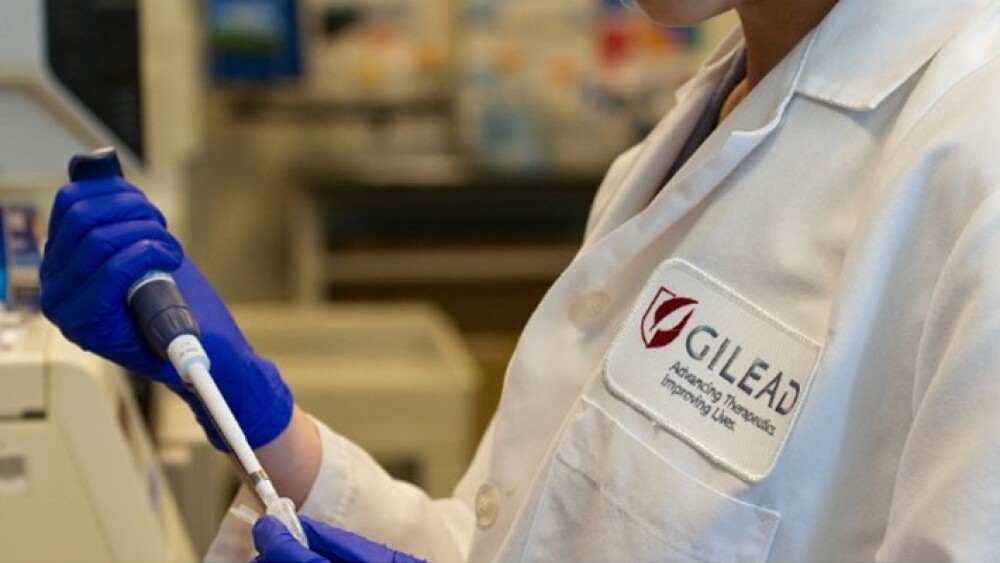September 22, 2016
By Alex Keown, BioSpace.com Breaking News Staff
FOSTER CITY, Calif. – Following a disappointing review of interim data from a Phase II/III clinical study of GS-5745, an investigational anti-MMP9 antibody, Gilead Sciences said it will halt the trial after it was determined the study met “pre-specified futility and efficacy criteria” in treating ulcerative colitis.
GS-5745 was being evaluated for the treatment of patients with moderately to severely active ulcerative colitis. The Phase II/III study was halted after the first 150 patients of a planned 1,600 patient trial were treated for an eight-week time frame. A data monitoring committee recommended the study be terminated after reviewing the interim data, Gilead said in a statement. Gilead also reviewed the data and determined that there is “insufficient evidence of a treatment benefit in the group of patients randomized to receive either one of two doses of GS-5745.” The company noted no safety concerns during the eight-week period.
Although GS-5745 flunked out in the treatment of ulcerative colitis, Gilead stressed that the drug was still undergoing studies to determine if it would be effective in treating other illnesses. The company said a Phase III study of GS-5745 is ongoing in patients with gastric cancer, as well as a Phase II study in patients with gastric cancer in combination with Bristol-Myers Squibb ’s immuno-oncology drug, Opdivo (nivolumab). Also, GS-5745 is undergoing Phase II studies in moderately to severely active Crohn’s disease, rheumatoid arthritis and cystic fibrosis. These studies will continue as planned, Gilead said this morning in a statement.
No job cuts were announced as a result of the trial’s termination.
Earlier this year, Gilead and its contract research organization partner Quintiles reported they were having troubles recruiting patients into the Crohn’s disease study following strict inclusion guidelines for the study.
Shares of Gilead are down slightly this morning, less than 1 percent. However, shares of U.K.-based Abzena PLC, the company that developed the antibody technology used to develop GS-5745 is down nearly 7 percent this morning. Shares of Gilead are trading at $81.17 as of 10:05 a.m.
Although Gilead is certainly disappointed with the outcome of the Phase II/III trial, the company is expected to announce the results from up to nine clinical trials between now and the end of the year. The trials involved five drugs used to target six different diseases—none of which are hepatitis C or HIV, two areas where Gilead has been highly successful. Areas the company is looking to provide therapies for include nonalcoholic steatohepatitis, primary sclerosing cholangitis, diabetic kidney disease, ventricular tachycardia and myelofibrosis.
Gilead is certainly not the only company to terminate an experimental ulcerative colitis treatment. Earlier this year, Galapagos NV ended its Phase IIa trial of GLPG1205 after that drug failed to show any statistical difference between it and placebo.





